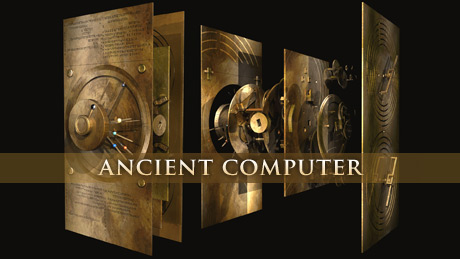June 21, 2013 - Comments Off on Inside Digg’s Race to Build the New Google Reader
Inside Digg’s Race to Build the New Google Reader
Look, the Internet is made of fast. You go fast or you die. But lost in the Clouds of bullshit and hype there’s this true thing: The internet is a technology that can connect us instantaneously to all sorts of information. That instant access lets us learn and connect and transact in entirely new ways. It’s what drives everything online–from I need to know about the Peloponnesian War right now to who is nearby that will take a couple of bucks for a spot in their back seat, sharing economy, #YOLO. It’s just impossibly fast. Even so, few things move faster than they do at the new Digg. This is the team who, in just six weeks, took a dying brand that collapsed under the weight of its own spam and made it something vibrant and vital: a place you wanted to go.
So in April, when Google announced it was shutting down Google Reader on July 1, it was almost unsurprising that Digg replied–that same day–We’ve got this.
This is the story of how a tiny team took 90 days to pull off the impossible.
via Inside Digg's Race to Build the New Google Reader: Wired.com.
That is but a taste of the fantastic article by Mat Honan for Wired. A true behind-the-scenes of what modern day development is like, you should check out the whole thing. It reminds me of the famous Marcel Proust quote "The time which we have at our disposal every day is elastic; the passions that we feel expand it, those that we inspire contract it; and habit fills up what remains.'
Published by: antonioortiz in The Thinking Mechanism
Tags: digg, google, reader, wired

